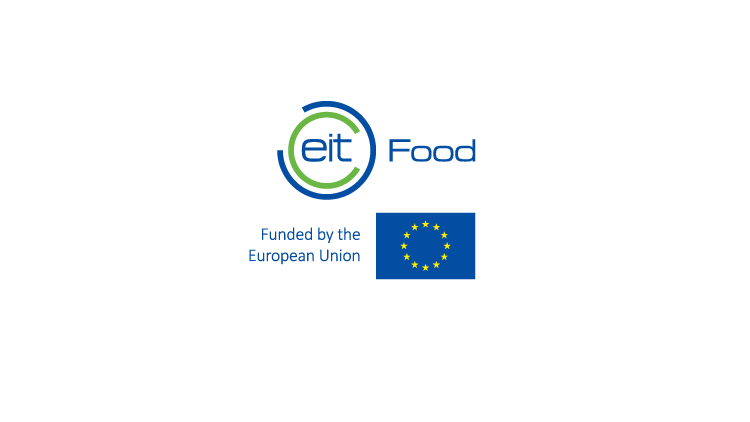
Koppert Biological Systems has been selected to join a unique consortium of 50 leading European companies that aims to transform the way in which food is produced, distributed and consumed. The announcement by the European Institute of Innovation and Technology (EIT)*, a body of the European Union, was made last week.
EIT Food says the future of food is high on the EU’s agenda. Over the next seven years, the consortium will invest close on 1200 million euros matched with up to 400 million euros financed by the EU.
Consortium coordinator, Professor Thomas Hofmann, Senior Vice President of the Technical University of Munich said: ‘The partnership will put Europe at the centre of a global revolution in food innovation and productions. Our services and ideas will contribute to the safety and sustainability of food across Europe.’
Building a sustainable food system
Speaking on behalf of Koppert Biological Systems in the Netherlands, the Director of Strategic Alliances, Peter Jens, said the competition for membership of the consortium had been fierce. ‘We are extremely proud of our inclusion in this consortium. We will put Koppert’s knowledge and skills in the innovation of biological solutions for horticulture and agriculture into building a fully human-centric, healthy and sustainable food system in Europe and beyond.’
Europe at the centre of food revolution
The European consortium was selected following a EU competition launched in January this year and a thorough evaluation by external experts and the EIT governing board. The consortium which includes two other Dutch companies, DSM and PlantLab, also includes international corporations such as Nestec, PepsiCo, Siemens, John Deere, Colruyt, Vilmorin &Cie and Döhler. The production sector is complemented by a number of leading universities and scientific partners that cover the entire food value chain. The new pan-European partnership hopes to boost innovation, growth and job creation and put Europe at the centre of a global revolution in food.
* The EIT is an independent body of the European Union set up in 2008 to spur innovation and entrepreneurship across Europe to overcome some of its greatest challenges. It brings together leading higher education institutions, research labs and companies to form dynamic cross-border partnerships that develop innovative products and services, start new companies, and train a new generation of entrepreneurs (source: https://eit.europa.eu/newsroom)